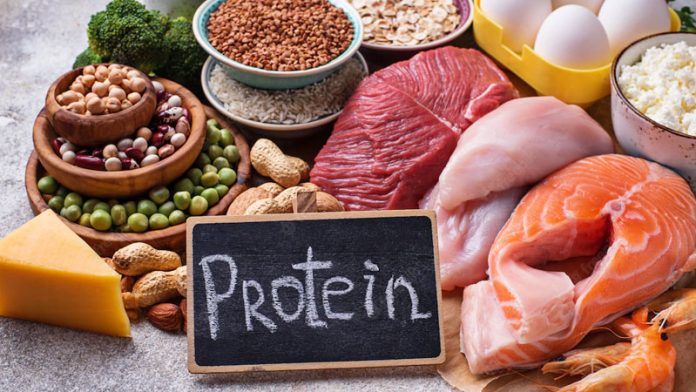
Protein is a vital dietary component. It helps build bones, repair tissues, and in growth and development. Adequate dietary protein is crucial for bone health throughout one’s life. The fundamental part of the protein is amino acids, and some amino acids come directly from food. Generally, children get protein from fish, nuts, poultry, lean meat, and beans.
Generally, protein deficiency is common in school-aged children. If the child is small for his age or shows slow growth, its shows that kids don’t meet daily protein requirements. It is challenging to ensure that your child consumes a balanced diet. This article will discuss protein foods for kids that support healthy growth and development.
Why is Protein Intake Important?
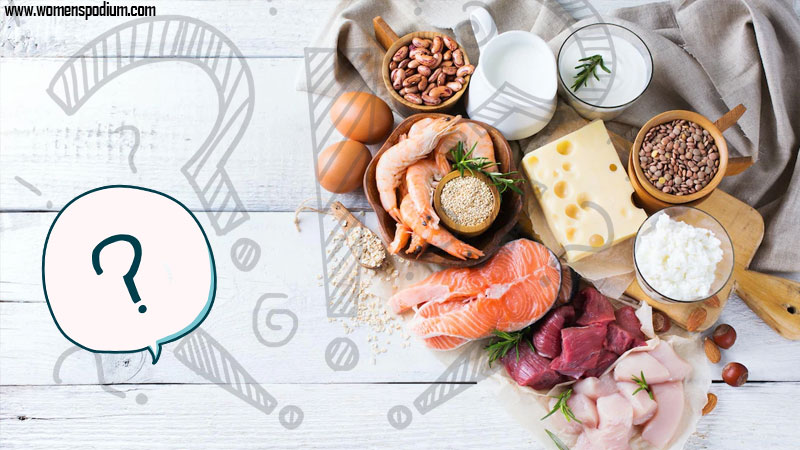
Children require a balanced diet for their growth and development, and therefore they need a balanced diet that includes carbohydrates, fats, vitamins, minerals, and protein. Protein is one of the building blocks of the human body. It is necessary to build, repair and maintain muscles tissues. Moreover, protein-rich food is essential for children’s growth and development during various stages of life. The right amount of protein lays a strong foundation for both cognitive and physical health. According to the institute of medicine, protein for toddlers should be 5 -20 percent of total calorie intake per day.
Significance of Protein
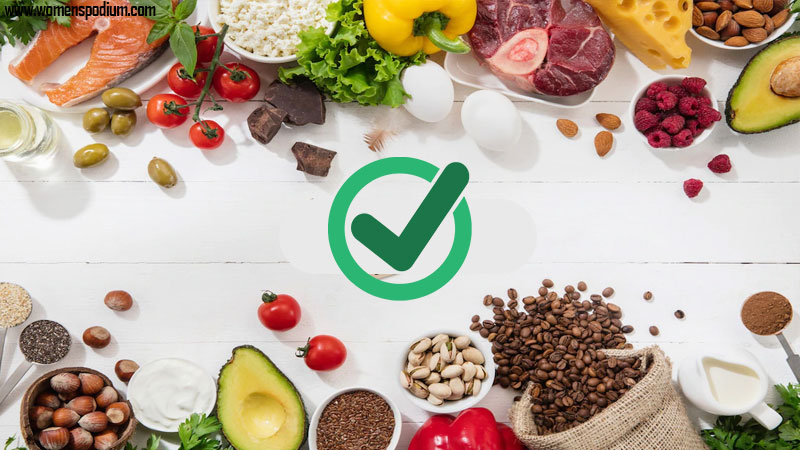
Protein consists of twenty amino acids. Amino acid is of two types: essential amino acids and non-essential amino acids. Furthermore, the human body doesn’t produce essential amino acids. We get these amino acids through diet. However, the human body produces non-essential amino acids. Animal protein has essential amino acids. Moreover, grains, beans, peas, and tofu are food enriched in plant protein. Vegetarians kids fulfil their protein needs through plant protein.
How Much Protein Do a School-Going and Toddler need?

Kwashiorkor is a severe protein deficiency; deficiency occurs when a body cannot meet its daily nutrients and protein requirements. Protein deficiency is common in developing countries like central Africa and South Asia. According to research, 30% of children in Africa and Asia are protein deficient.
According to pediatricians, a child needs 1-1.5 grams of protein for every two pounds of body weight. Simply, 1-gram protein per kg. Protein intake for toddlers and school-going children can be broken down by age.
- 1-3 year aged children need 13 (g) of daily protein
- 4-8 years aged children need 19 (g) of daily protein
- 9-13 years old children need 34 (g) of daily protein
Protein is one of the main dietary components of a toddler’s food. It isn’t easy to ensure that your child is meeting its daily protein requirement. Let’s see protein serving in protein-rich food.
- 1 large egg has 7 grams of protein
- 1 cup (8 ounces) of milk has 8 grams of protein
- ½ cup (4 ounces) of yogurt has 4 grams of protein
- ¾ cup of tofu has 22 grams of protein
- ½ cup cooked bean has 8 grams of protein
- 1 piece of cheese has 12 grams of protein
10 Protein-Rich Foods for Kids
Meat and poultry are excellent protein sources, but sometimes your kids can be peaky eaters and don’t want to eat meat. Moreover, both plant protein and animal protein are essential for growth and development. Here are 10 protein foods for kids that will fulfil their needs.
1. Lean Meat
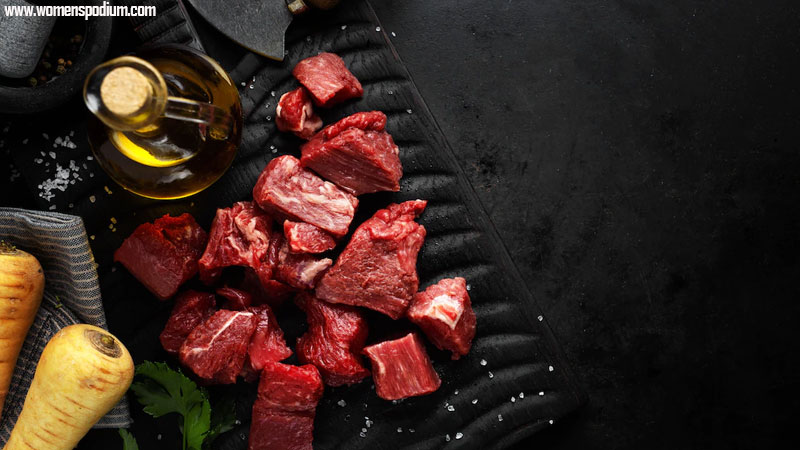
Lean meat is a great source of protein and has fewer calories and fats. Generally, lean meat is the muscle tissue of animals. Chicken, fish, turkey, and beef are a source of proteins, collagen, and vitamins. They are essential for building muscle mass.
2. Eggs

Eggs are delicious and healthy protein-rich food for kids. They are an excellent source of iron, fat, vitamins (D, A, E, and B12), and choline. Eggs are perfect for breakfast as they help toddlers to grow healthy, strong, and intelligent.
3. Cheese
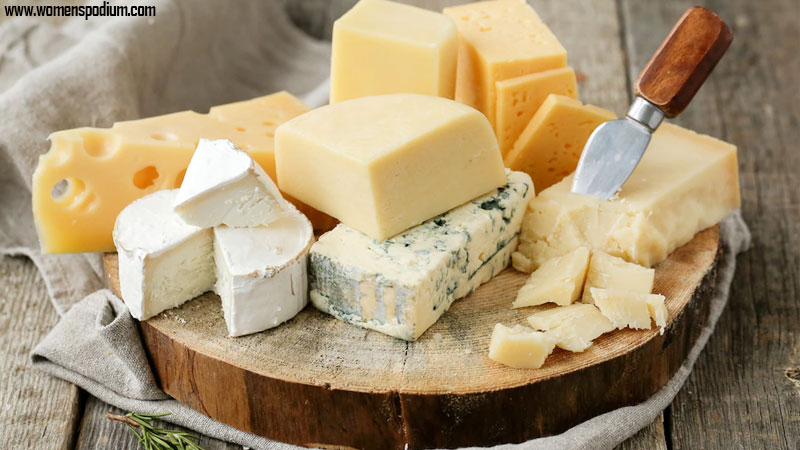
Dairy products like milk, yogurt, and cheese are a great source of protein for kids. Cheese has vitamin D, calcium, and protein that is required to maintain a healthy diet. There are various types of cheese available in the market, like cottage, cream cheese, and mild cheese.
4. Lentils and Rice
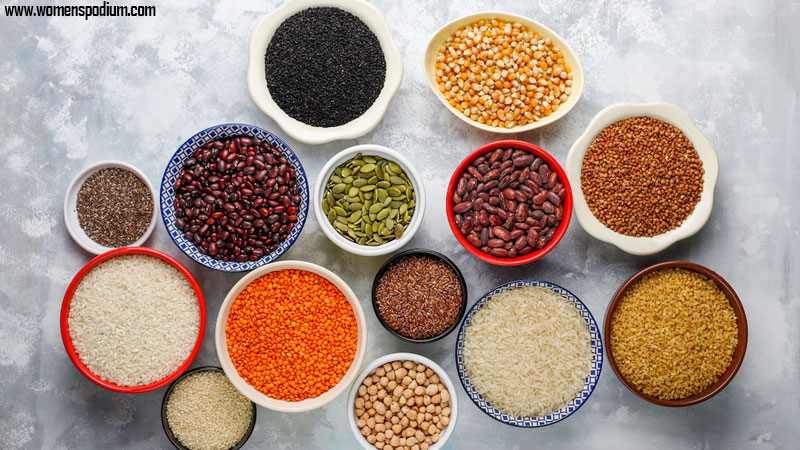
Rice and lentils together make a healthy and nutritious meal. Lentils have fiber, protein, and minerals. Moreover, a lentil and rice meal is ideal for vegan kids.
5. Tofu

If your child is vegan, tofu is an alternative to meat. It contains all nine amino acids that are necessary for growth and development. Moreover, soy-based tofu has protein along with fiber and fats. Tofu is a complete source of protein for vegan kids.
6. Nuts and Seeds
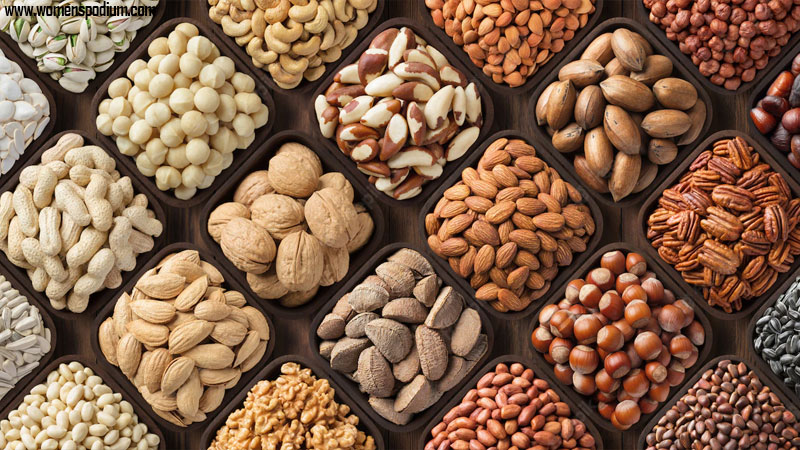
Nuts and seeds are nutritious and delicious and a great source of protein for your children. They are a source of protein, fats, fibers, vitamins, and minerals. Moreover, nuts and seeds regulate food intake and help burn energy. A handful of nuts in the evening will fulfill toddler protein needs.
7. Beans and Legumes
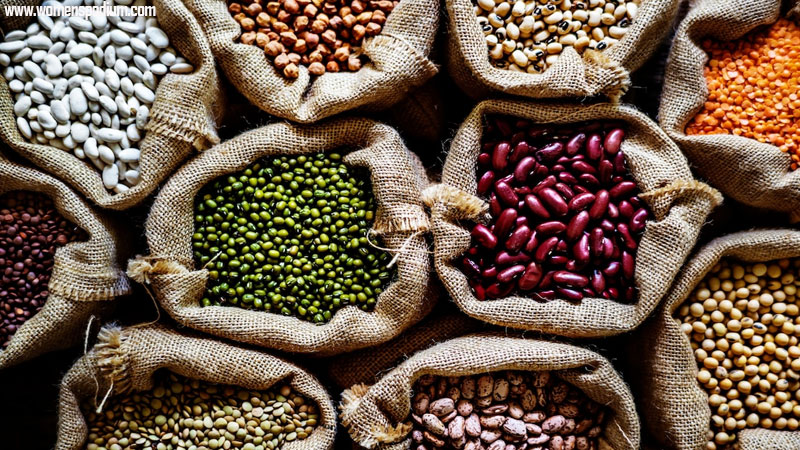
One of the oldest cultivated plants beans and legumes contains essential nutrients, and protein, besides they are fibre-rich food, therefore they must be a regular part of our daily meals. Beans consumption daily provides balanced nutrition. Moreover, ½ cup of boiled beans and grains will fulfil the daily protein intake of a toddler.
8. Yogurt

Dairy foods like yogurt and cheese are not only tremendous sources of protein, but also they are enriched in calcium, vitamin D, and fats. Yogurt keeps bones and teeth strong and helps toddlers’ growth and development. Additionally, yogurt should be part of the kid’s daily meal.
9. Milk

Milk is a rich source of protein. Protein in kids is responsible for many vital functions, including cellular repair, growth and development, and immune system regulation. Furthermore, 1 cup of milk contains 8 grams of proteins. That is essential for development.
10. Whole-Wheat Bread

Whole wheat bread has fiber, protein, and several nutrients. Generally, whole-wheat bread is better than white bread because it has high fiber and protein. Moreover, it also has vitamin E, vitamin C, and beta-carotene. Whole wheat is nutritious and healthy and fulfills protein requirements in kids.
Conclusion
The diet of toddlers includes carbohydrates, fats, vitamins, minerals, fibers, and proteins. A toddler’s diet should have both animal and plant-based food. Protein foods for kids are essential for their growth and development. Moreover, Protein performs various functions in the human body like repairing cells and tissues, building muscles, and boosting metabolism.
Also Read: How can you help your kids to fancy and motivate towards healthier foods like fruits and vegetables in their diets? Here are creative ways to feed vegetables to your kids.





